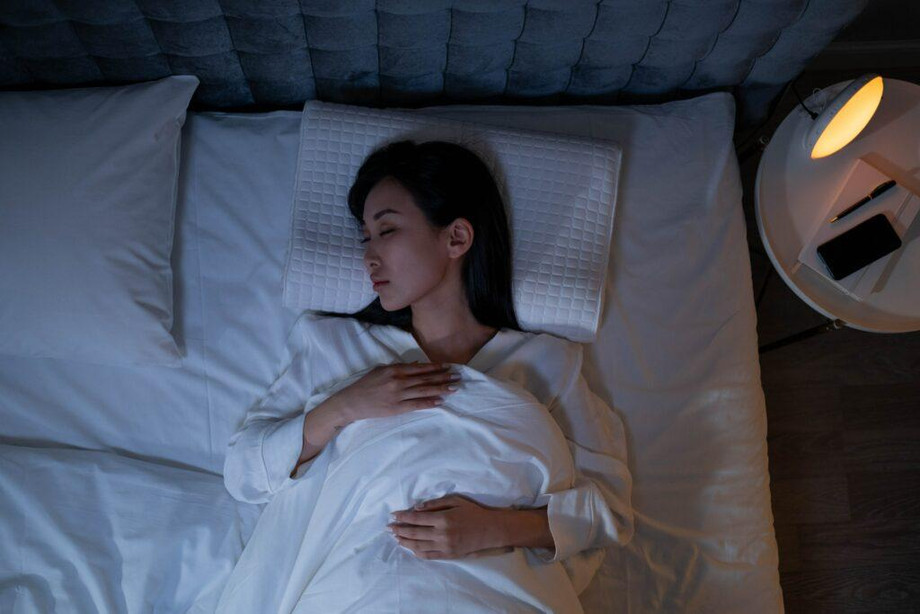How Do Doctors Diagnose, Test, And Treat Obstructive Sleep Apnea?
الجسم
Diagnosis of OSA
Your doctor will diagnose your condition based on your signs and symptoms and examine and test. They may recommend you to a sleep apnea dentist in uptown for a more thorough assessment. During the physical tests or examination, your doctor will look for excess tissue in the back of your throat, mouth, and nose. Your doctor or sleep specialist may check your blood pressure and measure the size of your neck and waist.
A sleep apnea dentist in midtown tx, or a sleep specialist may perform some tests to diagnose your illness. And to establish the severity of your condition and arrange your therapy. You may have to spend the night at a sleep center to have your breathing and other body processes monitored while you sleep.
Tests and evaluations for OSA
Your doctor may perform some tests to detect obstructive sleep apnea.
The home sleep apnea test
Your doctor may provide you with an at-home version of polysomnography to diagnose obstructive sleep apnea in certain conditions. They measure Airflow, breathing patterns, blood oxygen levels, potential limb movements, and snoring intensity during this examination.
Polysomnography
During this speed study, sleep specialists at sleep apnea clinics near me will hook you up to equipment or machine that monitors your heart, brain, and lung activity, breathing patterns, blood oxygen levels, and limb movements while you sleep. They may watch you all night or the part of the night in a split-night sleep study.
They will monitor you during the first half of the night in a split-night sleep study. If you have obstructive sleep apnea, staff may wake you up and provide you with continuous positive airway pressure for the rest of the night.
Other sleep disorders can cause excessive daytime drowsiness or sleepiness but need different therapies and treatments. It may include leg movements during sleep or abrupt episodes of sleep throughout the day, which they can detect with this sleep study.
Treatment for OSA
treatments for obstructive sleep apnea may include
Lifestyle changes
For some mild or moderate cases of obstructive sleep apnea, your doctor may suggest some lifestyle changes.
- Drink alcohol moderately if you can't quit it. Do not consume alcohol before bedtime.
- Lose weight if you are overweight
- Quit smoking
- Do regular exercise
- Use allergy medicines or a nasal decongestant
- Don't sleep on your back
- Avoid taking sedative medication such as sleeping pills or anti-anxiety drugs.
If these steps don't help you sleep better or if your apnea is moderate to severe, your doctor may suggest alternative sleep apnea treatments. You can treat a clogged airway by using specific devices. In some circumstances, surgery is essential.
Positive airway pressure therapy
Positive airway pressure may help you if you have obstructive sleep apnea. A machine delivers air pressure through a device that fits your nose or is placed over your nose and mouth while you sleep in this treatment. Positive airway pressure lowers the number of respiratory episodes. At the same time, you sleep, enhance your quality of life, and reduce daytime sleepiness.
Continuous positive airway pressure, or CPAP, is the most frequent and newest treatment for sleep apnea. The force of the air breathed during this treatment is constant, slightly higher than that of the surrounding air, sufficient to keep your upper airway passageways open. This air pressure prevents snoring and obstructive sleep apnea.
Conclusion
The above-provided information tells us about obstructive sleep apnea. The above article discusses the diagnosis, tests, and treatment methods for obstructive sleep apnea. For more informative details, please visit sleepapneatreatment.com.
Article Source :- https://www.spiceupblogging.com/how-do-doctors-diagnose-test-and-treat-obstructive-sleep-apnea/













تعليقات